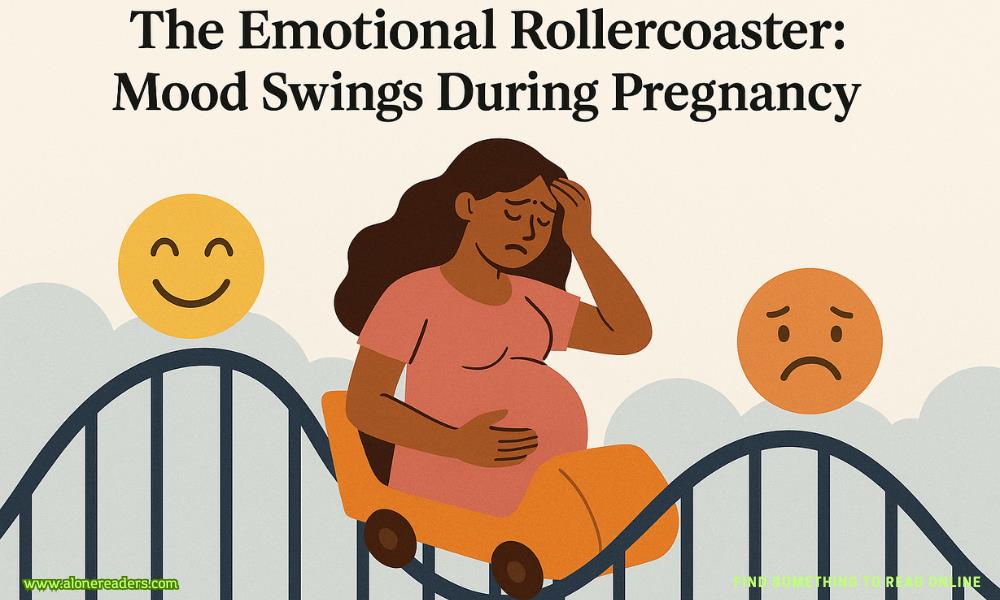Page 101 of Beehive
“Jesus, can they just give us a minute?” Will groused.
“Yes?” I said into the receiver.
A few seconds later, I hung up and turned to Will. “Manakin says to hurry and change. Our window with the POTUS is narrow. We leave in ten.”
“Keep your heads down and let the seniors do the talking. Donotspeak unless spoken to.” Manakin’s crusty shell had hardenedsince the airport. Apparently, meeting with the President of the United States was one thing that could make the invincible man’s ass pucker.
“Understood,” I said, meeting Manakin’s gaze.
The streets of Washington were bustling. Our car’s interior was quiet except for the faint hum of the engine and the occasional scrape of Manakin’s pen as he jotted notes on a small pad.
Will leaned back and closed his eyes.
His fingers drummed a restless rhythm on the seat.
I wanted to say something reassuring, but words felt inadequate. Instead, I leaned closer, letting my shoulder brush against his. He opened his eyes, and for a moment, the tension in his expression softened.
If our driver noticed, he didn’t let on.
When we arrived at the White House, security ushered us through, their movements precise and rehearsed. The halls were a blur of polished floors, hushed voices, and the occasional clatter of typewriters. Manakin’s presence seemed to part the sea of staffers as we were led toward the Oval Office.
Standing beside a pair of desks where the President’s secretaries worked, Manakin turned to face us. “Remember,” he said, his voice unwavering. “This is the President of the United States. Show respect, keep your answers concise—but only when you’re asked for them—and let the senior leaders do the heavy lifting. Understood?”
“Understood,” I echoed. Will gave a curt nod.
A woman in a neat dress whose pattern landed somewhere between grandmotherly lampshade and elegant artwork stepped out from behind a thick door. She smiled brightly in our direction, then nodded to Manakin. “The President will see you now.”
Brilliant sunlight flowed through floor-to-ceiling windows from behind the President’s desk. The tang of polished wood and freshly brewed coffee filled the space. An iconic painting of George Washington hung above the fireplace, while a hodgepodge of nicknacks littered the mantle. Other statues and paintings, priceless Americana, were on display in every corner of the rounded room.
Those already assembled rose as we entered. Despite their calm veneer, tension thrummed beneath the surface.
Manakin walked two paces ahead of us, his shoulders squared to military precision. Will, as always, fell into an easy rhythm beside me.
President Truman stood near his desk, his gaze sweeping over us as though he could divine our secrets with a glance. To his right, Charles Steelman, Assistant to the President,1 observed our entry with the detachment of a chess master considering his next move. Secretary of War2 Henry Stimson leaned on his cane, his expression weary but sharp.
Manakin faced the President and waited.
“Gentlemen.” Truman stepped forward and extended a hand, his Midwestern accent grounding the moment in a strange sort of comfort. “I’ve been briefed, but I expect you’ll fill in the gaps.”
“Yes, sir,” Manakin replied, shaking the President’s hand, then stepping to the others and repeating the greeting. He then gestured for Will and me to step forward. “These are the OSS agents who helped to recover the film in question.”
“Welcome, gentlemen. Please, take a seat,” Truman said, his voice steady but expectant, as he sat in one of two chairs positioned in front of the fireplace. Stimson and Steelman sat on a couch to the President’s right, so Manakin, Will, and I took the one to his left.
I swallowed, my nerves catching briefly before Will nudged me with a slight bump of his elbow.
“Mr. President, Mr. Secretary, what we recovered in Berlin turned out to be far more than simple intelligence,” Manakin began, his voice measured. “It bears evidence of atrocities committed by Soviet forces against unarmed Polish civilians. The microfilm . . .” He paused, the word feeling almost fragile. “ . . . documents mass executions carried out in Eastern Europe.”
Steelman’s eyebrows shot up. Stimson barely flinched.
Truman, for his part, leaned back, his gaze unwavering. “And this evidence . . . it’s credible?”
“Yes, sir,” Manakin said. “The film was authenticated by our contacts in Paris. It was hidden in a statue by a Nazi intelligence officer who was attempting to use it as leverage against the Soviets.”
“In a statue?” the President asked.
“Yes, sir. A carving of a Jewish rabbi, if you can believe it.”
The President chuckled and shook his head.















